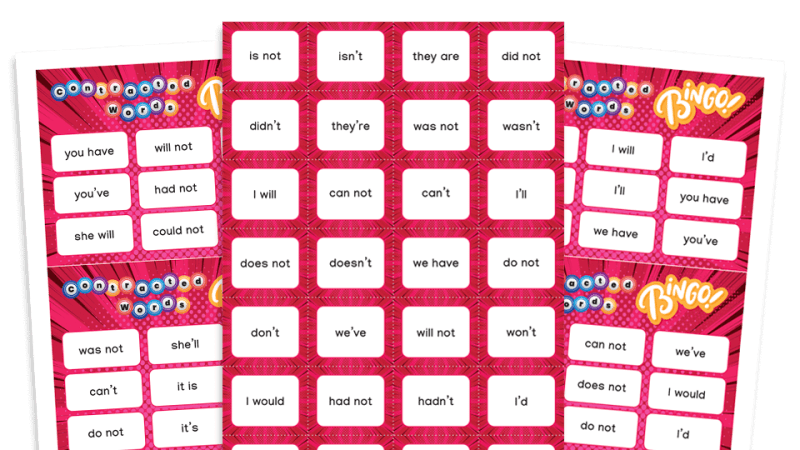Five Minute Mum – On trusting teachers

As cheesy as it sounds, try to see yourself and your child’s teacher as a team…

- by Daisy Upton

I have heard it said (many a time in staffrooms across the various schools I’ve worked in) that when asked ‘What’s the most difficult thing about being a teacher?’ a teacher will often jokingly reply: “The parents!” As a parent, I get it. We carefully nurture these precious little things we created and then all of a sudden we have to hand them over to another adult we don’t even know for a big chunk of the day. We’re left out on the playground to gather tiny reluctant snippets of info from our kids while the teacher is privy to all that’s going on.
The teachers know their levels, what’s expected of them, the embarrassing facts that kids love to share (“My mummy has a hairy tuppence” was the best one I was ever told in the classroom!). As a parent, it’s quite hard. How much would you love to be a fly on the wall just for a day?
I think the thing that is most difficult is that there needs to be an element of trust, but we don’t get masses of time to build that. We just have to have it.
Between teachers and the adults responsible for each child, there are multiple forms of communication: parents’ evenings, notes sent home in schoolbags, reading record scribbles, “Can I have a quick word?” chats on the playground, as well as emails.
Some of these can get lost in translation or be misunderstood, and I have at times seen frustration build on both sides. Playground chatter between parents can swing between hugely helpful to massively confusing, depending on how and when the information is passed over. When I worked with children with additional learning challenges, I sometimes found their parents had grown up with similar challenges, or their own fear of school and education was clearly apparent.
It reminded me that everyone comes with their own story, and the best way to build trust is to move forward with patience and understanding, while ensuring that the child is always put first.
Which is why, if there is something big happening at home or in your child’s life, it is really useful for the teacher to know this.
If someone who usually lives in the child’s house has moved out or they’ve experienced the death of someone close, or anything at all that might affect their world, then please pass that information on to the school if you feel you can.
If a teacher knows a child is going through something particularly difficult outside school, they can help to support in many different ways.
When it comes to communicating, there are definitely challenges on both sides. As a teacher, you are trying to carefully get across as much information as is needed without bombarding parents with stuff that isn’t necessary for them to know.
It’s a fine balance, as some parents wish they knew more, and others are begging to be told less. Teachers are often trying to encourage parents to become involved with their child’s learning, knowing their support is vital to a child’s success in education, but are also aware that too much pressure won’t help anyone.
So, if at any point as a parent, you are finding it all hugely confusing, then please reach out to the teachers. Ask to talk to them or write them a note. Perhaps, before you go, make a list of all the things you want to talk to them about.
It’s totally natural that some people feel intimidated in a school setting, so to save yourself any anxiety, scribble down your thoughts and questions first to make sure you cover everything you wish to know.
During my time as a teaching assistant I supported many different teachers in the classroom and, despite their differing styles and personalities, I know we all had one thing in common: we were fiercely protective of all the children in that class and wanted to get the absolute best out of every single one of them.
As a parent, it’s nice to remind ourselves of this and, as cheesy as it sounds, try to see ourselves and our children’s teacher as a team working towards the same goal.
Daisy Upton is the author of Five Minute Mum: Time For School, available now in Penguin paperback. Follow her on Twitter at @fiveminutemum. Visit her website at fiveminutemum.com.











